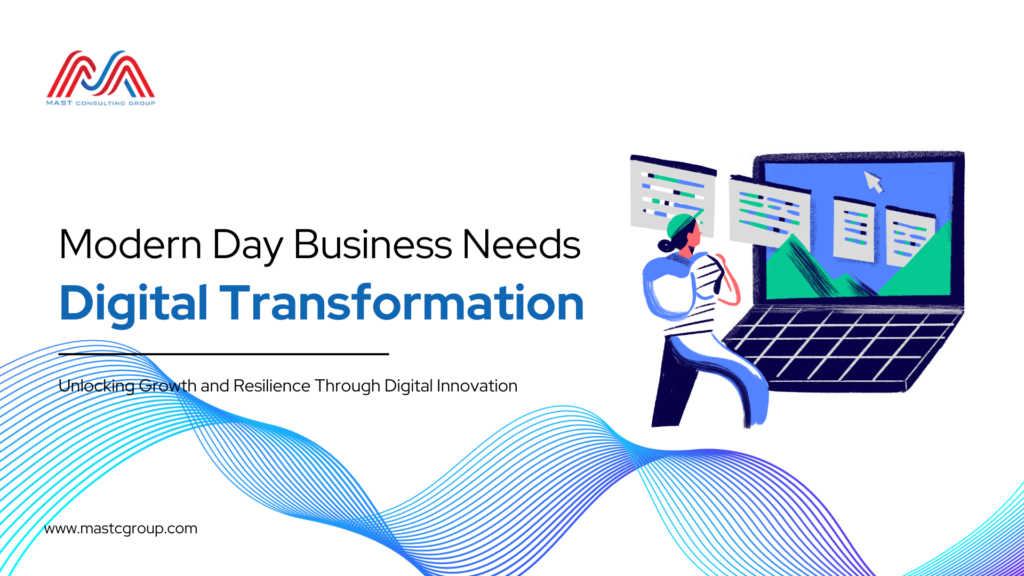
In today’s rapidly evolving business landscape, digital transformation has become more than just a buzzword; it’s a fundamental shift that organizations must embrace to stay competitive and relevant. The fusion of technology with traditional business processes reshapes industries, revolutionizes customer experiences, and drives unprecedented innovation. In this blog, we’ll dive into the depths of digital transformation, exploring its significance, key drivers, challenges, and strategies for successful implementation.
Understanding Digital Transformation
Digital transformation is not merely about adopting new technologies; it’s about reimagining business models, processes, and cultures to leverage the full potential of digital advancements. It encompasses a holistic approach that integrates digital technologies into all aspects of an organization, fundamentally changing how it operates and delivers value to customers.
Key Drivers of Digital Transformation
Several factors are propelling organizations toward digital transformation:
- Changing Customer Expectations: Customers expect seamless and personalized experiences across all touchpoints in today’s digital age. Businesses must adapt to these evolving expectations to stay competitive.
- Technological Advancements: Innovations such as artificial intelligence, cloud computing, the Internet of Things (IoT), and big data analytics drive digital transformation by enabling new capabilities and efficiencies.
- Competitive Pressures: Disruptive startups and agile competitors challenge traditional business models, compelling organizations to embrace digital transformation to remain agile and responsive.
- Globalization: The interconnectedness of the global economy necessitates digital transformation to facilitate collaboration, streamline operations, and expand market reach.
Challenges of Digital Transformation
While the benefits of digital transformation are undeniable, organizations often encounter various challenges along the journey:
- Legacy Systems: Outdated infrastructure and legacy systems can hinder the adoption of new technologies and slow down the pace of digital transformation.
- Cultural Resistance: Resistance to change and organizational inertia can impede digital transformation efforts, requiring strong leadership and cultural alignment to overcome.
- Cybersecurity Concerns: As organizations embrace digital technologies, they face increased cybersecurity risks, requiring robust security measures and protocols to safeguard data and systems.
- Talent Shortage: The demand for skilled professionals in data science, cybersecurity, and digital marketing often outpaces the available talent pool, posing a challenge for organizations seeking to drive digital transformation.
Strategies for Successful Digital Transformation
To navigate the complexities of digital transformation effectively, organizations can adopt the following strategies:
- Develop a Clear Vision: Define a clear vision and roadmap for digital transformation aligned with business objectives, ensuring buy-in from stakeholders across the organization.
- Embrace Agile Practices: Adopt agile methodologies to enable iterative development, rapid experimentation, and continuous improvement, fostering adaptability and innovation.
- Invest in Talent and Training: Invest in upskilling existing talent and recruiting new talent with expertise in digital technologies, ensuring the organization has the necessary skills to drive transformational initiatives.
- Prioritize Customer-Centricity: Strongly emphasize understanding customer needs and delivering personalized, omnichannel experiences that differentiate your brand in the digital landscape.
- Ensure Cybersecurity Readiness: Implement robust cybersecurity measures, including encryption, multi-factor authentication, and continuous monitoring, to protect against evolving threats and vulnerabilities.
- Collaborate and Partner: Foster collaboration with ecosystem partners, startups, and industry peers to leverage external expertise, accelerate innovation, and explore new business opportunities.
Conclusion
Digital transformation is not a destination but a continuous journey fueled by innovation, agility, and customer-centricity. By embracing digital transformation and overcoming its associated challenges, organizations can unlock new opportunities for growth, efficiency, and competitive advantage in an increasingly digital world. As businesses navigate the waves of digital transformation, MAST Consulting Group stands ready to be your trusted partner, offering cutting-edge #cybersecurity solutions and strategic guidance to help you confidently navigate this transformative journey. Let’s embark on a voyage of digital reinvention and chart a course toward a brighter, more digitally empowered future.



